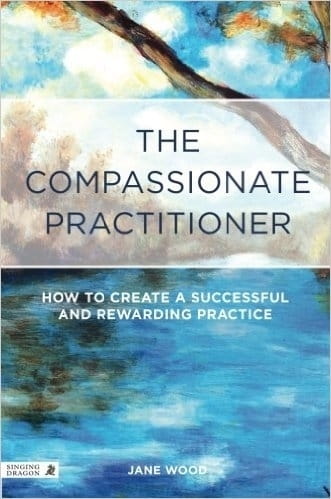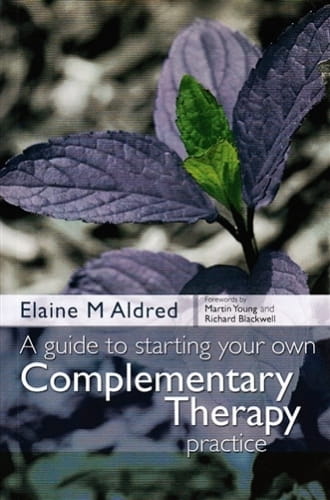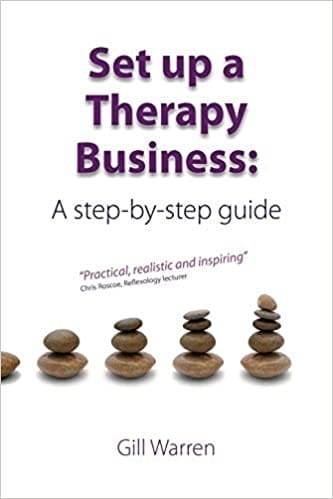Practitioner Skills
The books in this category are designed to assist independent, self employed therapists such as Homeopaths and Alternative Therapists set up and develop their Practices.
Not only do these books focus on the practical steps that are required to build a successful business but also the softer skills required by the practitioner to be able to treat patients successfully.
-
 In Stock
The Compassionate Practitioner
In Stock
The Compassionate Practitioner
-
 In Stock
Bodyguard
In Stock
Bodyguard
-
-Steven-A-Harold.jpg) Out Of Stock
Marketing Your Complementary Therapy Practice (4th Edition)
Out Of Stock
Marketing Your Complementary Therapy Practice (4th Edition)
-
 In Stock
Stepping into Practice
In Stock
Stepping into Practice
-
 Out Of Stock
50 Reasons for Being a Homoeopath
Out Of Stock
50 Reasons for Being a Homoeopath
-
 Out Of Stock
A Guide To Starting Your Own Complementary Therapy Practice
Out Of Stock
A Guide To Starting Your Own Complementary Therapy Practice
-
 In Stock
My Journey in Homeopathy - Much Ado About Nothing
In Stock
My Journey in Homeopathy - Much Ado About Nothing
-
 In Stock
Set Up a Therapy Business: A Step by Step Guide
In Stock
Set Up a Therapy Business: A Step by Step Guide
-
 In Stock
Your Holistic Business Recipe
In Stock
Your Holistic Business Recipe
Whether you are training or re-training as a therapist, without a business background, the greatest challenge is often applying the desire to heal and work with people to the practicalities of running an effective business that earns you a good living.
Frequently Asked Questions (FAQ's)
What practical steps are needed to take to start a complimentary therapy business?
The lists of steps below is not exhaustive but is designed to provide a broad sense of what is involved in setting up a therapy business. The books in this section cover these points in much more detail, depending on which aspects of creating your own business interest you most
Market Research - with the objective of establishing whether there is enough demand for your services and how much people will pay for them.
Business Structure - what legal form will your practice take and what is your business name going to be?
Licenses and Insurances - are essential aspects of your business so that you comply with regulations and health/safety requirements
A Business Plan - is absolutely essential whether you plan to apply for funding or not. It will help you with business planning, cost control and performance measurement that
Cash - is ultimately king in any business so having a grasp of areas such as fee-setting, cash control/forecasting and raising capital is essential.
Marketing channels - both on and off-line will help you achieve the visibility you need to grow your business practice.
Accounting and Tax - matters can be quite alien to therapists without any business training or experience. Simple accounting will be sufficient for managing the business and staying on the right side of the tax authorities.
What are the softer skills needed to take to start a complimentary therapy business?
You will find that the books in this section will cover the softer skills that are required to successfully treat patients from children to seniors. Below are brief insights into the topics covered by these books.
Relationship building skills - are critical to matching patient's knowledge and experience of their body, emotions and symptoms with the practitioners skills, knowledge and experience of their therapy
Case taking skills - many patients prepare their story in advance of visiting an alternative practitioner. This narrative can often be distorted and it is the acquired questioning, listening and observational skills of the practitioner that enables them to understand their patient on a physical, mental and emotional level and determine the correct homeopathic remedies.
Feedback and prognosis - although alternative practitioners tend not to give a diagnosis as such, the patient still needs to hear the conclusions drawn, often in a simplified form that they can easily understand. Having given a prognosis and outlined any treatment reaction they might experience in order to agree a treatment plan.
Much more can be found in the texts that comprise this section.
